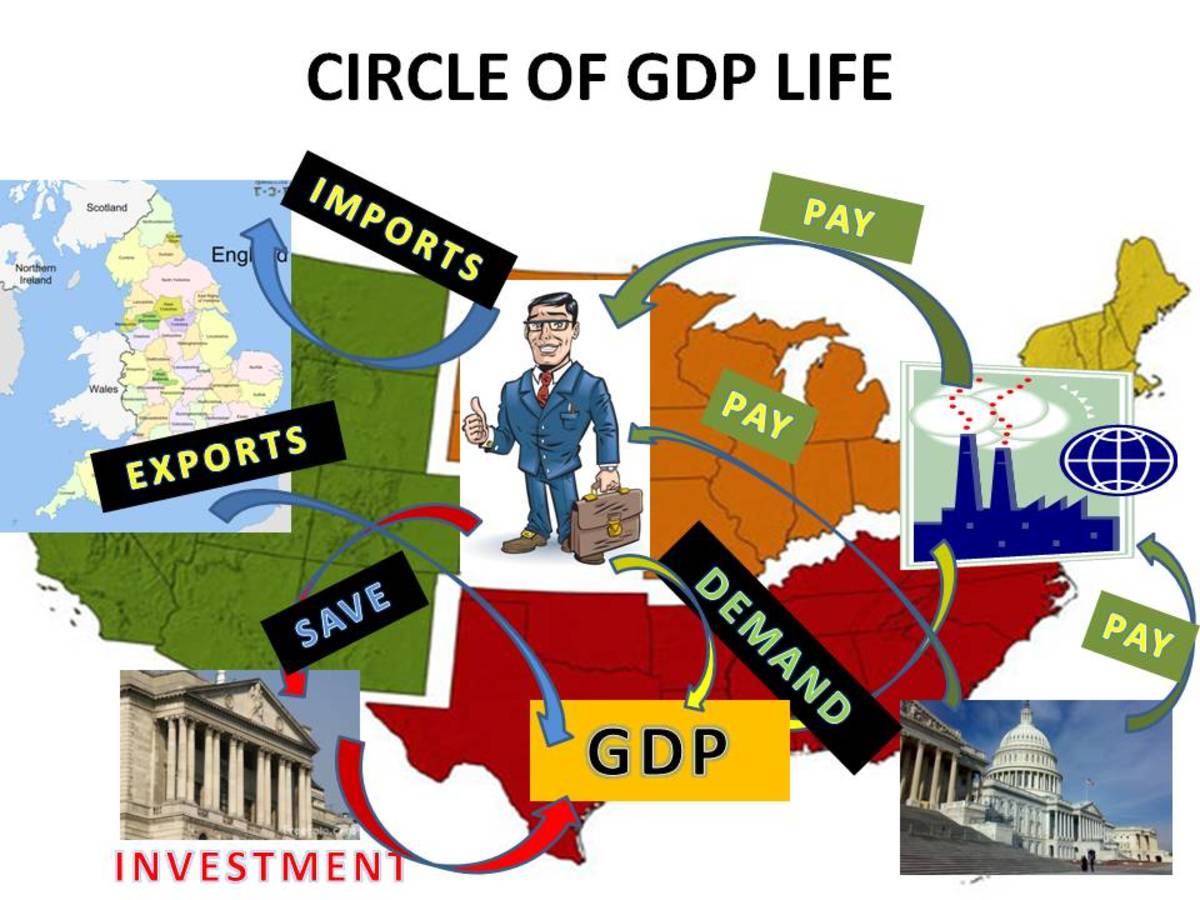A Defense of (Some) Big Government
Is All Government Spending Bad?
I am going to (eventually) start this article with a statement that will make me sound like a typical liberal, socialist, hippy, bleeding heart, class warrior who wishes that he was currently occupying Wall Street. But don’t worry. I recognize that the federal government at some point needs to figure out how to make significant cuts in spending, specifically with Medicare, Social Security, and defense. I also recognize that government, by its nature, often does things less efficiently than much of the private sector.
But here it goes: there is more to life than turning a profit. For all of its inherent weaknesses, government, particularly at the federal level, can accomplish something that the private sector is generally unable to do. The federal government has the capacity to amass an enormous amount of resources to perform vitally important projects that, in addition to being extremely expensive, may not generate profits, at least in the short term. And in many cases, the federal government will experience financial losses that a private company could never withstand. But without massive investment by the United States federal government in the past, we would live in a fundamentally different – and in many ways much worse - nation today.
For example, The United States invested heavily into its space programs from the 1950’s through the 1970’s. To many people at the time, this may have seemed wasteful, and it definitely had no short-term profit potential. This was largely an attempt to keep up with and ultimately defeat the Soviet Union in an international propaganda war. In practical terms, after all, what did going to the moon actually do for our nation? Primarily, it gave us a chance to stick our American flag up there first with the entire world watching. But when you look at the long-term benefits of the process of sending men and satellites into space, you realize what a fantastic investment that this was. The satellite, rocket, communication, and computer technologies that were spurred on partially by these efforts have completely transformed the world in ways that most people at the time could hardly imagine.
Over the decades, you can find several other cases of the government engaged in efforts that could hardly be seen as financially efficient when they were carried out. Massive defense spending during World War II and the Cold War may have generated large profits for defense contractors, but this also saddled the federal government with debt. The country did, however, achieve victories over fascists and communists, and investment into military technologies led to all sorts of consumer spinoffs that we benefit from today. And in addition to massive investments into security and outer space over the decades, the federal government constructed the interstate highway system, was the biggest customer for early computers, invested into scientific research, bailed out the imploded financial sector, and established national parks and forests (among other things). In the short-term, these actions had little financial benefit, generally constituting a net loss. But over time, some of these actions paid off with long-term technological innovation and economic growth. And whenever a person gets to enjoy the wonders of the Grand Canyon, Yosemite, or Yellowstone, he or she hopefully realizes that there is more to life than turning a profit. Not everything of value, after all, can be easily measured in monetary terms. How, after all, do you measure the monetary value of police and fire departments, access to education, and a (somewhat) cleaner environment?
So as our government hopefully embarks on the steps necessary to get its financial house in order, I hope that they do not throw the proverbial baby out with the bath water. There are definitely some programs that are wasteful and/or not financially viable in their current forms. But some forms of investment may be vital to the long-term success of our country, just as they have been at times in the past. All government spending is not created equal. But when people do not recognize this simple fact, seeing government spending in principle as something that must be cut, then projects that require both a large investment and a willingness to accept financial losses will not be undertaken. There are certain things that the private sector is simply unwilling or unable to do. And if everything becomes privatized, value will become increasingly defined in purely financial terms, with a focus primarily on the short-term. In a country that already leans toward short-sighted, individualistic, materialistic thinking, the abandonment of the concept of public investment could be disastrous. I suspect, unfortunately, that people who want to gut the federal government as a matter of principle are winning the political battle at the moment. And if they get their wish, it will be interesting to see if they are happy with the long-term results.








